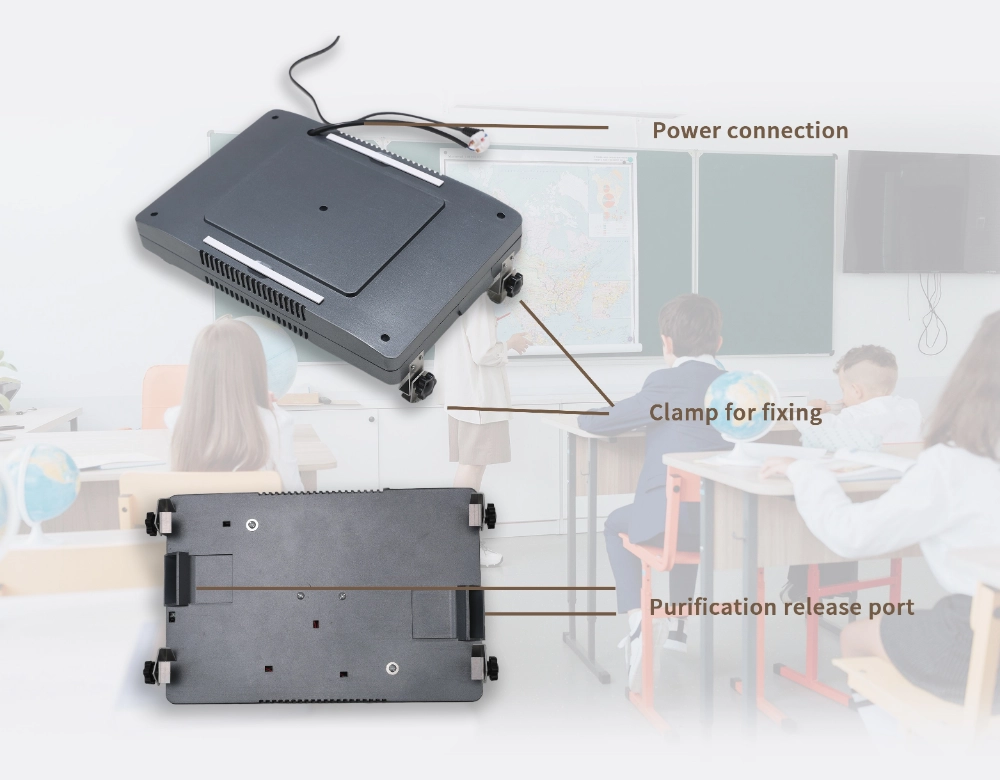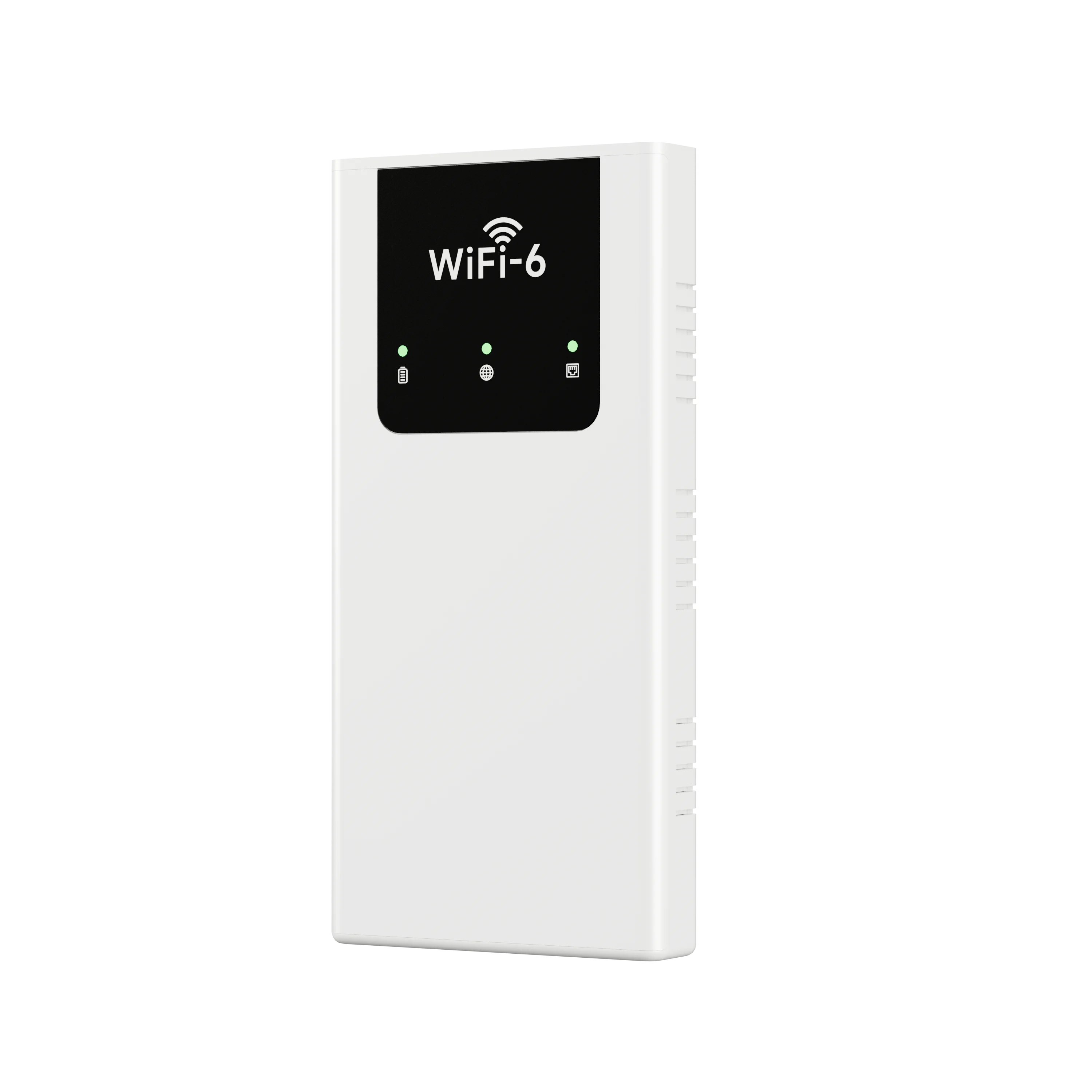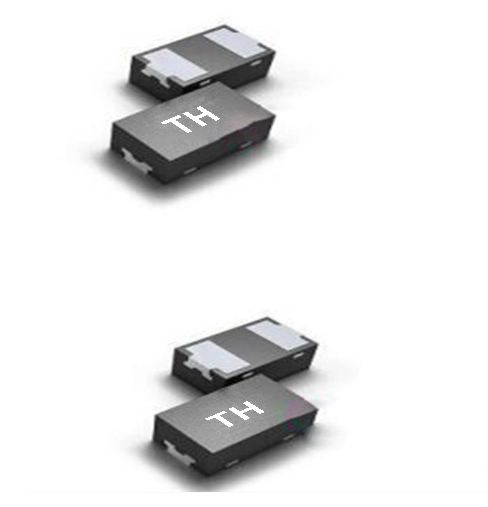In today's interconnected world, smart devices have become an integral part of our daily lives. From smartphones to smart homes, these devices offer convenience and efficiency. One such device is the smart switch, which allows users to control their lights and appliances remotely. However, a common question that arises is whether smart switches can function without an internet connection. In this blog post, we will explore the capabilities of smart switches and shed light on whether they can operate independently of the internet.
- Understanding Smart Switches:
Before delving into the functionality of smart switches without internet, it is crucial to comprehend their basic features. Smart switches are devices that replace traditional light switches and provide users with the ability to control their lights and appliances through various means, such as voice commands or smartphone applications. These switches are designed to enhance convenience, energy efficiency, and home automation. - Internet-Dependent Features:
Smart switches typically rely on an internet connection to unlock their full potential. With an internet connection, users can enjoy advanced features like remote access, scheduling, and integration with other smart devices. Remote access allows users to control their lights and appliances from anywhere in the world, while scheduling enables automation based on specific time or events. Integration with other smart devices, such as voice assistants or motion sensors, further enhances the overall smart home experience. - Offline Functionality:
While smart switches heavily rely on an internet connection for their advanced features, they can still function to a certain extent without internet access. In the absence of an internet connection, smart switches can still be operated manually, just like traditional switches. Users can physically toggle the switch to turn lights on or off, providing basic functionality even without internet connectivity. - Local Network Control:
Some smart switches offer local network control, allowing users to control their devices within their home network without relying on the internet. This feature enables users to operate their lights and appliances using a smartphone or a dedicated control panel connected to the same local network. Although limited to the home environment, local network control ensures uninterrupted functionality even if the internet connection is temporarily unavailable. - Limitations and Considerations:
It is important to note that without an internet connection, smart switches lose access to cloud-based services, such as firmware updates, remote access, and integration with third-party applications. Additionally, features like energy monitoring and advanced automation may not be available without internet connectivity. Therefore, while smart switches can still provide basic functionality without the internet, their full potential is realized when connected to the online ecosystem.
Conclusion:
In conclusion, smart switches offer a range of features and convenience, but their functionality is largely dependent on an internet connection. While they can still be manually operated without internet access, the advanced capabilities, remote access, and integration with other smart devices are only possible when connected to the internet. Understanding the limitations and considering the specific requirements of your smart home setup will help you make an informed decision regarding the use of smart switches.





